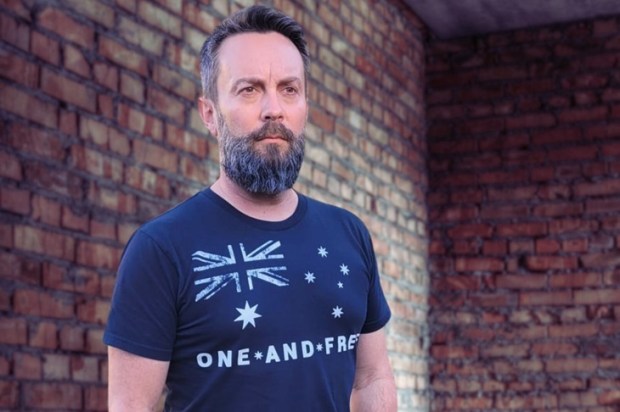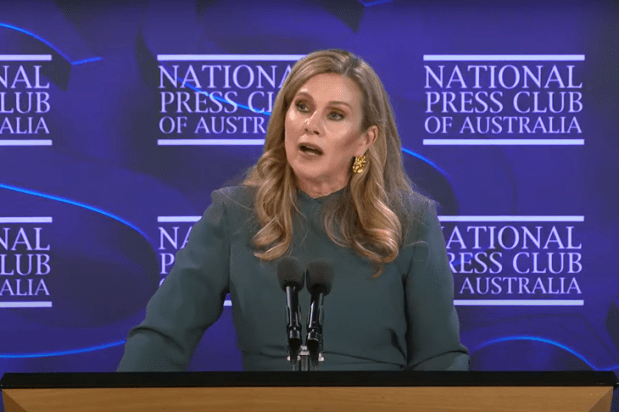Let’s be very clear – the awarding of a significant proportion of a civil penalty (a fine) to a union is extremely unusual. But it happened in Australia on Monday when the Federal Court imposed a record-breaking $90 million fine on Qantas for unlawfully outsourcing 1,820 ground-handling jobs during Covid-19.
$50 million of that fine has been ordered to be paid directly to the Transport Workers’ Union. The fine is not being paid to the government as is usual practice in such cases. The distribution of the remaining $40 million will be resolved at another hearing later in the month.
The TWU is reported as saying it intends to use the $50 million to ‘further campaigns for worker safety and conditions’. In my opinion, that’s code for ‘we’re keeping it’.
In most cases under the Fair Work Act, when a court imposes a fine that money is paid to the government’s Consolidated Revenue Fund (i.e. the government, not the union).
And there’s nothing illegal going on here. The question is only whether it’s just or moral.
Under the Act, (s.546(3)) a court is allowed to direct that some or all of a fine be paid to ‘a particular organisation or person’ but this isn’t done very often and is usually limited to cases where the union incurred significant costs in running the litigation, or where a breach was particularly serious.
There’s a couple of very important facts about this case that we all need to know and it’s important to be clear that the new $90m fine is punitive, and not in any way compensatory.
Firstly, the legal fees of the union are to be paid for by Qantas under the ruling, on top of the fine. Secondly, Qantas has already compensated the affected workers $120 million. This happened under a scheme set up when it lost its 2023 appeal against the original 2021 Federal Court ruling that the outsourcing of the jobs was indeed ‘unlawful’.
There were reinstatement offers – although most had already found other jobs – and financial settlements for lost wages and entitlements. If you divide $120 million by 1,820 employees, the average is around $66,000. Actual amounts varied from between $30,000 and $100,000 depending on individual economic circumstances and the length of unemployment and wages lost, as well as emotional and non-economic impacts assessed individually.
The Australian moral intuition is to resort to the simplistic David v Goliath narrative that the ‘poor worker’ has had a win against the ‘big evil corporation’.
But has our moral compass become perverted?
In summary, Qantas will pay:
$120 million to the sacked workers (around a year’s pay each)
$50 million to the TWU
‘Tens of millions’ for its own lawyers
$40 million to be decided
That’s a huge amount of money. And in reality, you can’t ‘fine’ a business. This cost must be carried by Qantas passengers (most Aussies) and shareholders (most Aussies with Super).
In a further apparent justification of all this, The Australian reported Tuesday that, ‘Qantas’ own calculations, however, suggest the airline has already saved close to $500 million by outsourcing the below-the-wing workforce at 10 airports to companies including Swissport and Menzies.’
There’s a disturbing error of economic and business analysis here that might wrongly lead us to wash our hands of the matter prematurely.
Qantas hasn’t ‘saved $500 million’.
It’s simply now not spending $500 million that it probably should never have been required to spend in the first place. The very fact it might be ‘saving $500 million’ is a warning about potential inefficiencies within the current Australian landscape. If locals can be replaced by outsourced workers at half a billion dollars less, that is a bad sign for productivity.
There’s that word again. Productivity. It’s the word of the week.
Given this suggested inefficiency, have we got our moral compass in a twist? Does this not add weight to the argument many companies are using to sack Australian staff and outsource their jobs?
Couldn’t it be argued in a court of justice and morality – rather than Australian-style legality – that not pursing the most economically efficient outcome would be grossly negligent mismanagement and itself immoral?
In the Australia of the 20th Century – the one I grew up in where people respected the idea of personal integrity, a hard day’s work for fair pay, and let free-market competition have at least some bearing on the cost of labour – we might have even suggested that some workers are taking the proverbial. In any case, justice – Aussie style – has now been done.
We will likely never expunge the deeply-ingrained stereotype of the ‘poor exploited worker’ from our national psyche, or defeat the labour movement’s powerful narrative cliché of the ‘evil corporation ruthlessly cutting staff’. In reality, very few Australians even see or care about the unavoidable economic reality of retirees’ lost superannuation returns or the airline passenger’s higher fares.
Damian Coory is the host of The Other Side podcast which you can watch on YouTube.

























